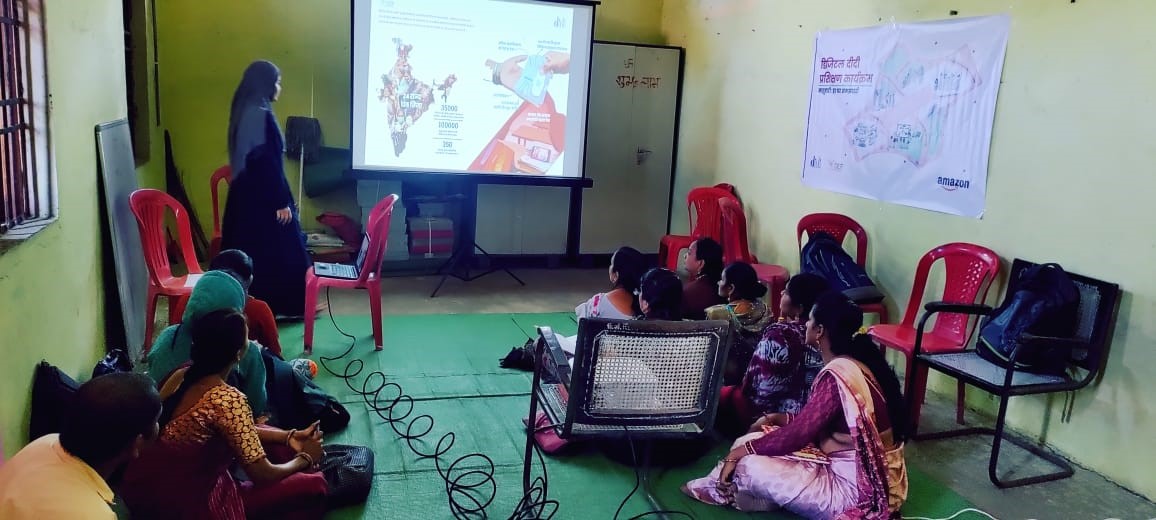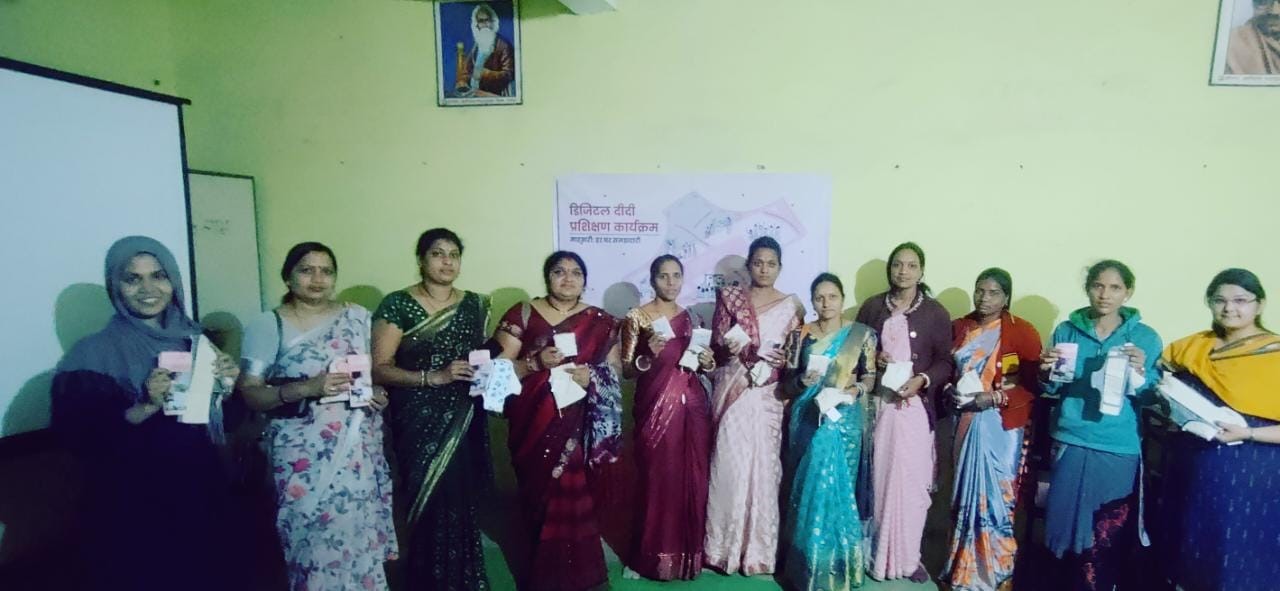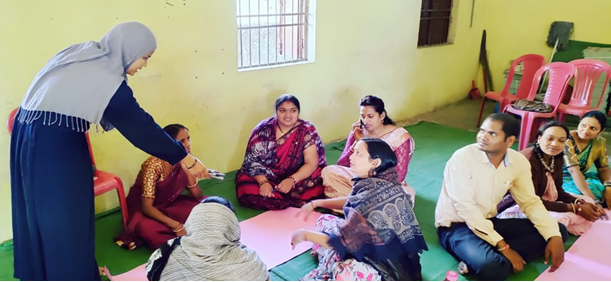Sustainable living is not something that exists only in the urban dictionary. The Digital Didi program has allowed us to look at this way of living in a rural and conservative set up.

Social and financial exclusions have been around for quite some time and the efforts to bridge these gaps have also been taken up. But sometimes, owing to linear thinking, we either don’t pay attention to the other potential gaps that are branching out from such exclusions or wait till the most evident forms of exclusions are worked upon. One such possible exclusion that might come up is that of the gap in which value systems are perceived. The first world and the privileged are slowly settling into the paradigm shift in the way value systems of the society are perceived, clearly emphasising on sustainable and holistic ways of living while the third world and the marginalised are left to magically arrive at that once they have gone through the cycles of consumerism. This is where programs like Digital Didi play an important role in ensuring such trends in the social norms reach the marginalised. Digital Didi is a pan India program for empowering women with digital skills, to practise reusable SmartPads and create a healthy ecosystem for sustainable livelihoods. Digital Didi aims to address these two issues; women’s menstrual hygiene and women’s digital literacy with a unique method of reaching out to women and young girls.

Through the program, 350 Health SoochnaPreneurs will be engaging as facilitators and 35,000 rural women and adolescent girls will be digitally empowered through Learning Management System Chatbot. As a part of capacity building, in the month of December two workshops were conducted in Nuh, Haryana and Raipur, Chhattisgarh. 20 Digital Didis in total took part in the program held on 15th December and 21st December.

The main objectives of the training was to discuss inclusion of rural women in the digital economy, providing accessibility of digital literacy through Chatbot based Learning Management System and enabling women to overcome the gender barriers.

The workshop ran smoothly starting from a pre-assessment and then moving on to the introduction about the program and the participants who shared their experience, explanation of the importance and demonstrations on Smartpad, discussions on the practise and problems of using disposable pads, menstrual health, hygiene, myths and facts around nutrition, demonstration of LMS Chatbot and then ended with post assessment.

The feedback and the impact of introducing a new way of approaching menstrual hygiene is anticipated with a hope to see positive changes within the community and better health.










